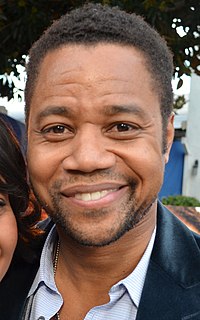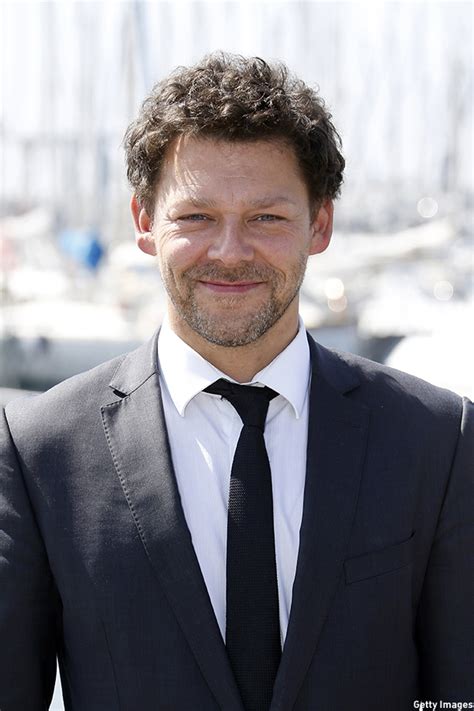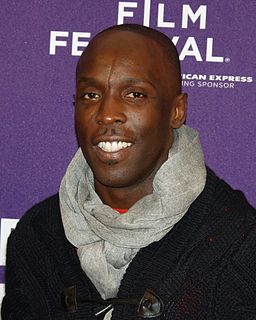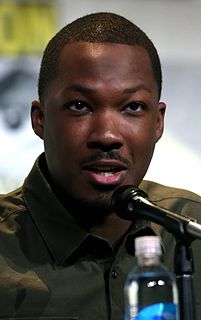A Quote by Glenn Close
Because as an actor, I really feel you cannot judge a character. You have to totally commit to that character. And for me to totally commit to the character, I have to find those places where I understand the sequence of behavior.
Related Quotes
I never like to judge the character. I just have to leave my feelings of pity, or fear, about a character - whatever I feel towards the character, I try to leave to one side. It's good to have them, but it doesn't help me. I can't act those things. I just to play the character as truthfully as I can.
This is a corny actor thing to say, but the first step is that you can't judge the character that you're playing. If it's built in three-dimensional fashion, you'll just play a character who's going out and seeking the best version of their life that they can find. That gives the character an accessibility that everyone can identify with.
The black experience, which has nothing to do with my play 'Angels in America,' allowed me to understand the Mormon character. He was the character that couldn't come out to his mother. It allowed me to understand emotional and closeted behavior, because you're so acutely aware of how you're perceived.




































